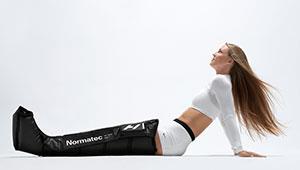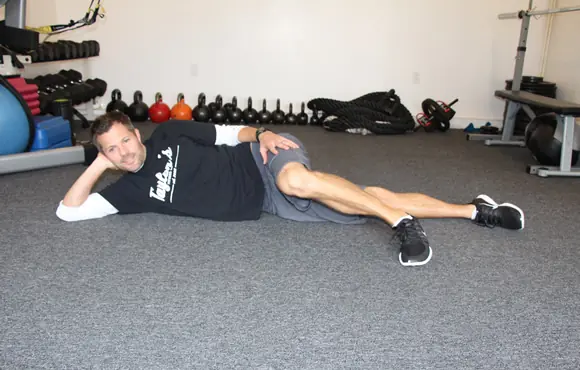While these events work hard with local, state and federal officials to provide the utmost in safety, the reality of securing 52 miles of road, including both sides of the street along the marathon course, is daunting. "Our security measures have always been high, but there is no way to ever guarantee total and absolute safety at any event," says Les Smith, event director for the Portland Marathon.
As the dust settles, race directors from around the country and the world say that while things can happen, marathons are safe events to attend and participate in. Indeed, if registration numbers from the last week are any indication, runners certainly aren't afraid.
Ever-Changing Security After Terrorist Attacks
Similar to the ramped up security seen after 9/11, race officials say they are already working on assessing safety in a post-4/15/13 world. "It goes without saying that race directors for events of all sizes are going to be evaluating security and protocols," says Dan Cruz, public relations director for Competitor Group, which puts on over 80 events, including the Rock 'n' Roll Marathon series. "We are working closely with our partners in law enforcement to figure out how to move forward."
Nealis refers back to 2001, when Marine Corps Marathon was the first major event held in Washington D.C. after the terrorist attacks. Prompted to increase security just six weeks after 9/11, they learned that event organizers cannot rest on their laurels. From one year to the next, new risks must be considered and changes made. He emphasizes the fact that race organizers are simply putting on the event and that they aren't making the big decisions about security.
"I know how to put on a race and give out shirts and water, but the security piece lies with those who own the real estate," he says. For Marine Corps, that includes local law enforcement from seven jurisdictions, as well as Capitol Police, Pentagon Police, the FBI and beyond. "It's us putting on the event, but we rely on the experts when it comes to safety."
"We always look over our security procedures from year to year," adds Thomas Steffens, head of communications for the Berlin Marathon. "Starting in 2001 after 9/11, for example, all cars still parked on the streets are towed away the night before."
Virginia Brophy Achman, executive director of Twin Cities in Motion, the organization responsible for the Twin Cities Marathon, says that they also lean heavily on local and federal agencies, as well as private security firms, to help them develop a crisis manual that ensures safety, and prepares for possible emergencies. "With the incident in Boston, we will be looking at what we can learn," she says. "We will go to our security experts, and I suspect they are going to have some changes to protocol and we will adopt them."
- 2
- of
- 4
About the Author

Get ACTIVE on the Go


Couch to 5K®
The best way to get new runners off the couch and across the finish line of their first 5K.
Available for iOS | Android







Discuss This Article